Many years ago, I read about a terrible incident that happened in Africa, specifically Tanzania. Charity workers in the region reported that a baby of barely five days old had been cut up by her great-grandmother (genital mutilation is to this day still a cruel tradition among local women), without any sterilisation or pain relief. The act turned tragic, the baby did not survive the brutal procedure.
And although the woman and the mother of the newborn were arrested at the time, the case is not unique: in a certain part of Tanzania, nearly sixty per cent of women undergo similar genital mutilation procedures, most of them before the age of ten, to prevent them from feeling sexual desire and pleasure, as a preparation for marriage.
We are talking about a phenomenon so pervasive that according to the World Health Organization (WHO) estimates two hundred million women around the world may have fallen victim to mutilation. Similar 'ritual activities' have even been recorded in Europe in no small number, in fact a total of six hundred thousand cases are known on the continent, most of which took place in Great Britain. The brutal tradition, which can lead to not only lifelong suffering and pain, but also miscarriage, infections and, in the worst case, death, is the most widespread in Africa.
In recent weeks, Katalin Novak visited Rwanda, which is on the same continent, and she also went to Tanzania, where she says no Hungarian head of state has yet visited. The global women's rights organization Women Deliver was holding a conference in Kigali, Rwanda and had invited her to speak. What is worth knowing about the organization is that they fight for gender equality and the rights of women and girls worldwide.
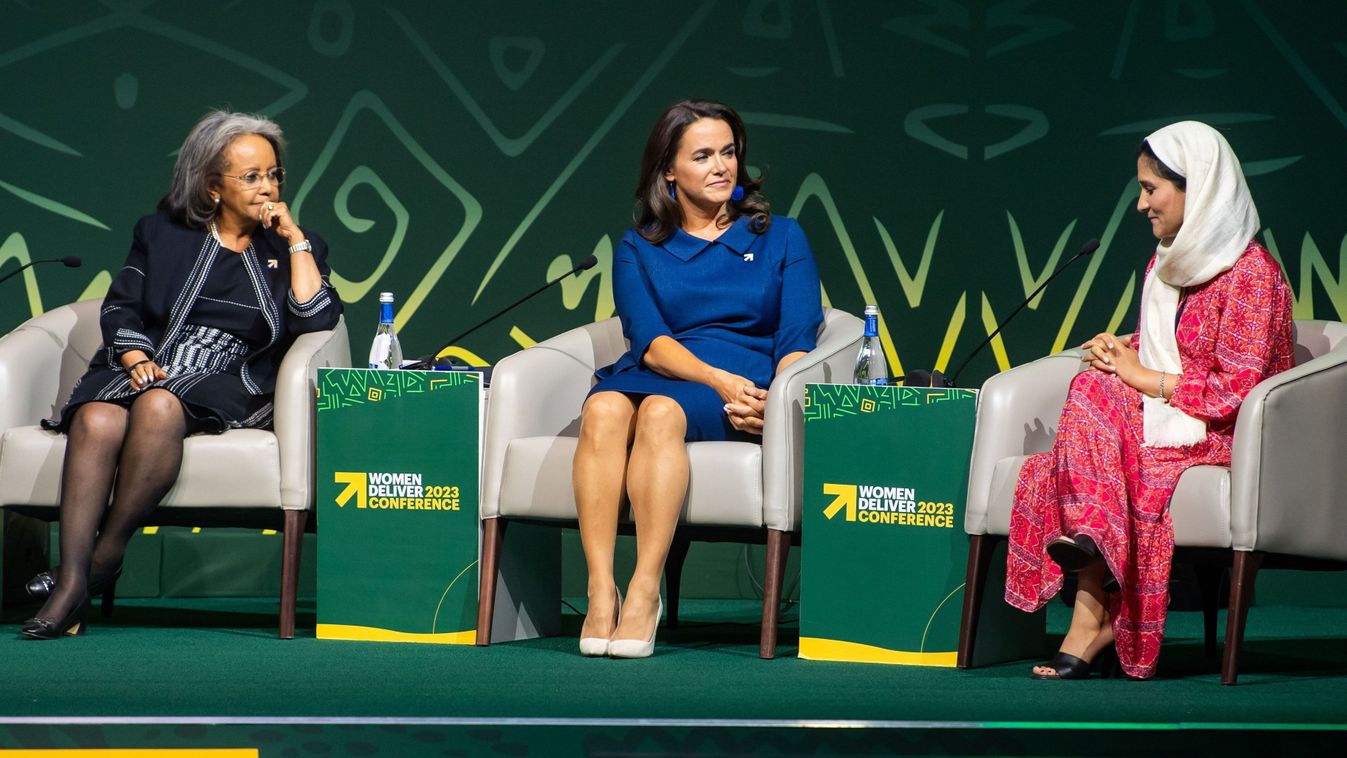


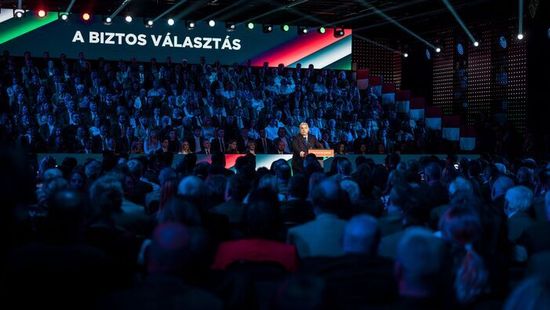
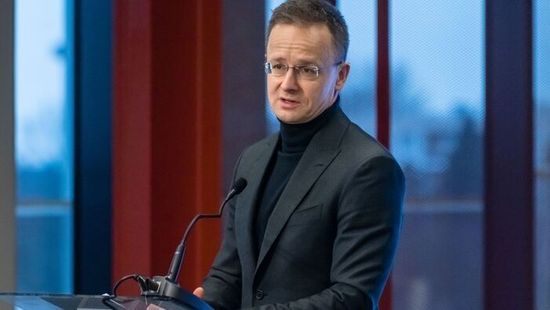


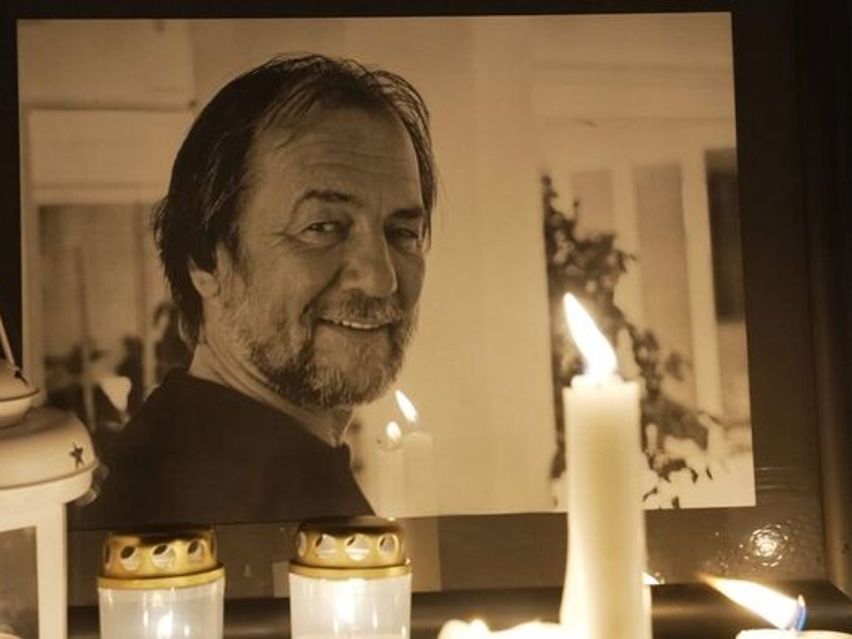
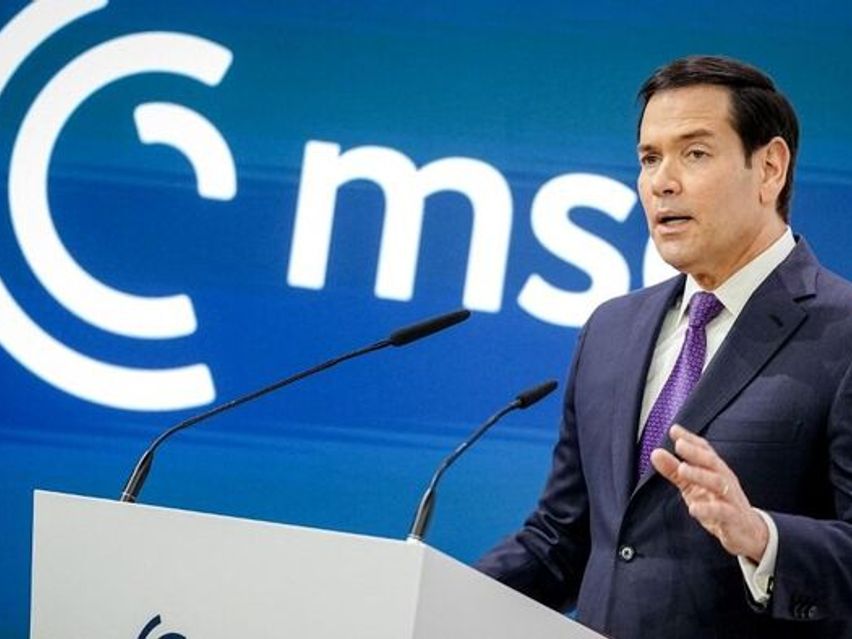
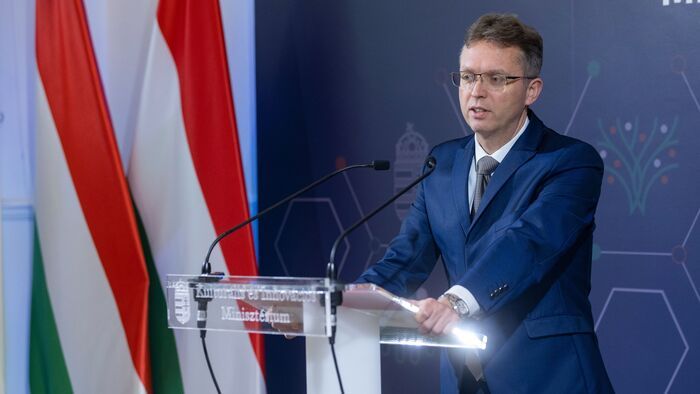



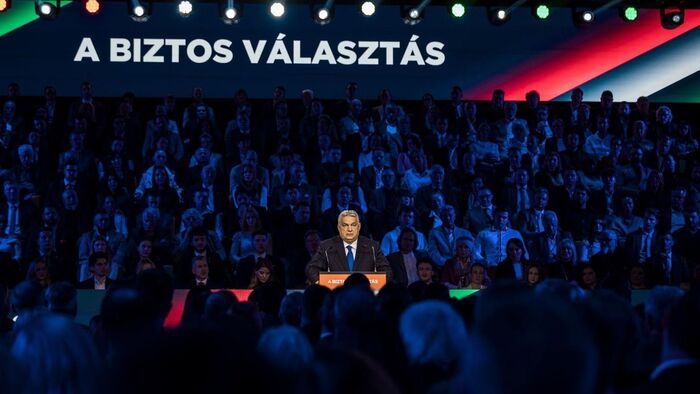
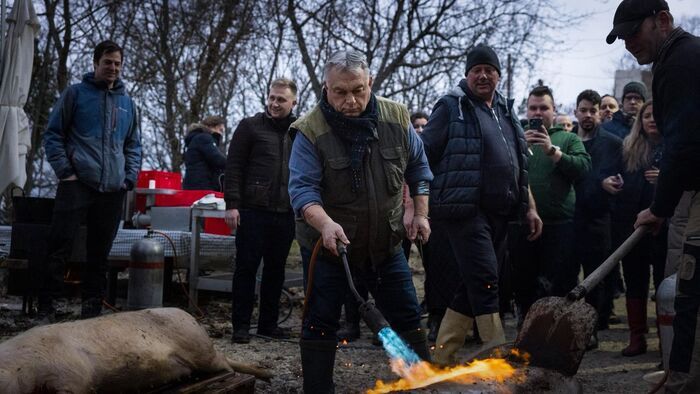
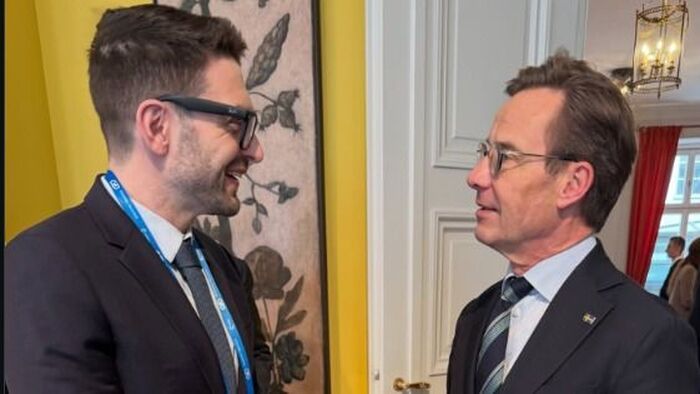
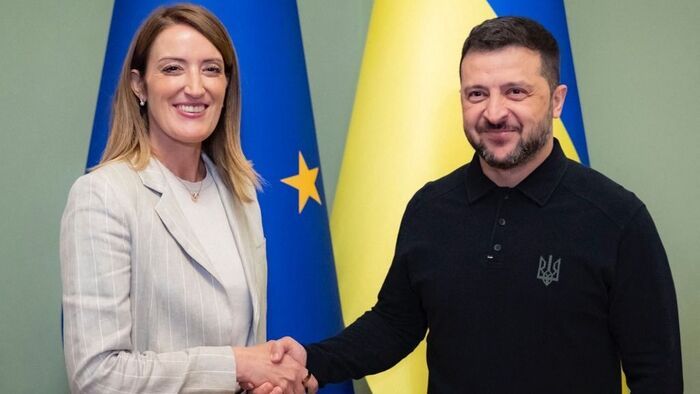
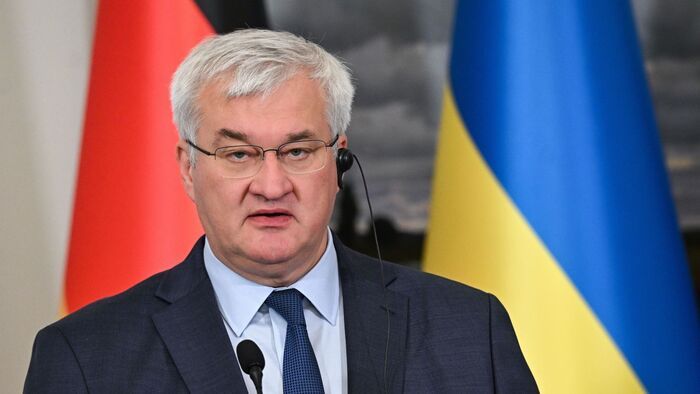





Szóljon hozzá!
Jelenleg csak a hozzászólások egy kis részét látja. Hozzászóláshoz és a további kommentek megtekintéséhez lépjen be, vagy regisztráljon!